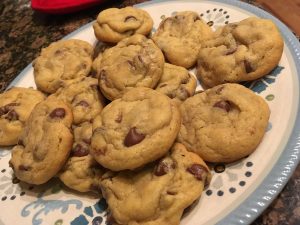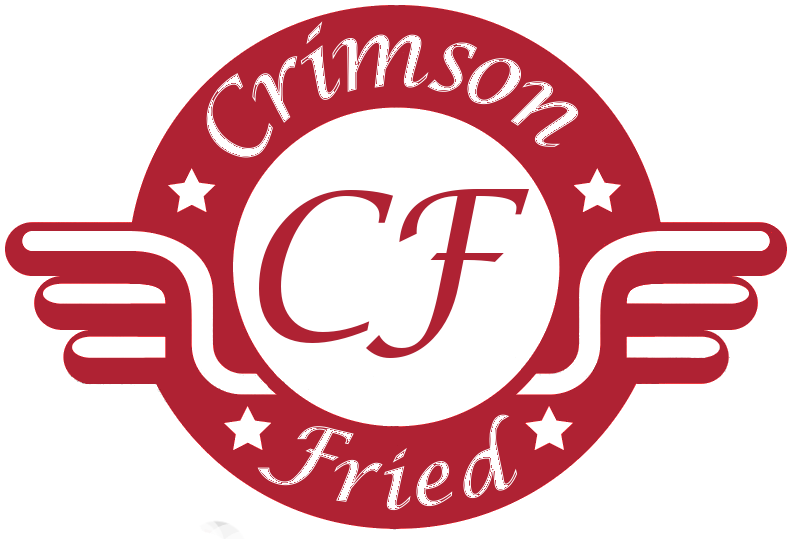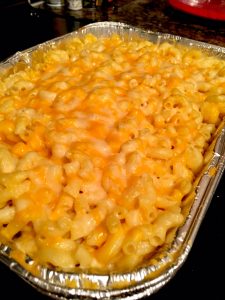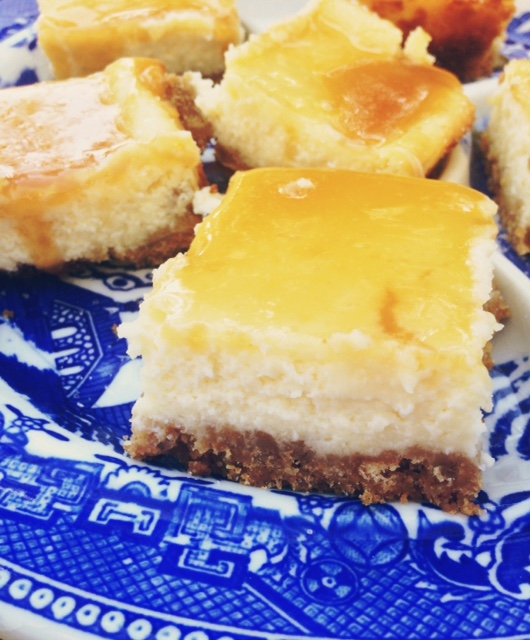 When I was a child, I was – often to my parents’ exasperation – obsessed with learning about how to do “grown-up” things. I would climb into my mother’s lap while she booted up AOL, giggling at the funny sound of dial up and watching her fingers fly across the keyboard as she composed emails for work. I would follow my dad around and watch intently as he washed his truck, always trying to help out even though all I could reach were the tires. I even insisted on helping feed the dogs, even though the bowls were about half the size of me at the time. That being said, it’s no surprise that I was also very curious about how things worked in the kitchen.
When I was a child, I was – often to my parents’ exasperation – obsessed with learning about how to do “grown-up” things. I would climb into my mother’s lap while she booted up AOL, giggling at the funny sound of dial up and watching her fingers fly across the keyboard as she composed emails for work. I would follow my dad around and watch intently as he washed his truck, always trying to help out even though all I could reach were the tires. I even insisted on helping feed the dogs, even though the bowls were about half the size of me at the time. That being said, it’s no surprise that I was also very curious about how things worked in the kitchen.
My mother has always been a very traditional southern cook, and I was certainly no picky eater. By the time I was four or five, I began to wonder where all of these wonderful things like chicken and dumplings, sweet potato casserole, country fried steak and gravy, and peach cobbler came from. I carefully watched my mother dredge thin green tomato slices in meal and flour or chop potatoes into hearty quarters for a roast, usually begging to help and pouting every time she said I wasn’t old enough. One Saturday morning when I was about six or seven, I suppose my mother had either gotten fed up with my nagging or finally decided I was old enough to help, so she pulled up my little stepping stool to the foot of the stove, smiling at me and fishing a skillet out of the cabinet. “How do you feel about scrambling the eggs for us this morning?” she’d asked, fishing enough eggs for our family of four out of the carton. I nodded vigorously, rolling up my pajama sleeves. I was ready to get to work. “Everyone needs to know how to cook an egg,” my mother told me as she demonstrated how to crack one on the side of the skillet. “It’s one of those staple foods.” I looked on in fascination, a spatula clutched tightly in my small hand. Continue reading



